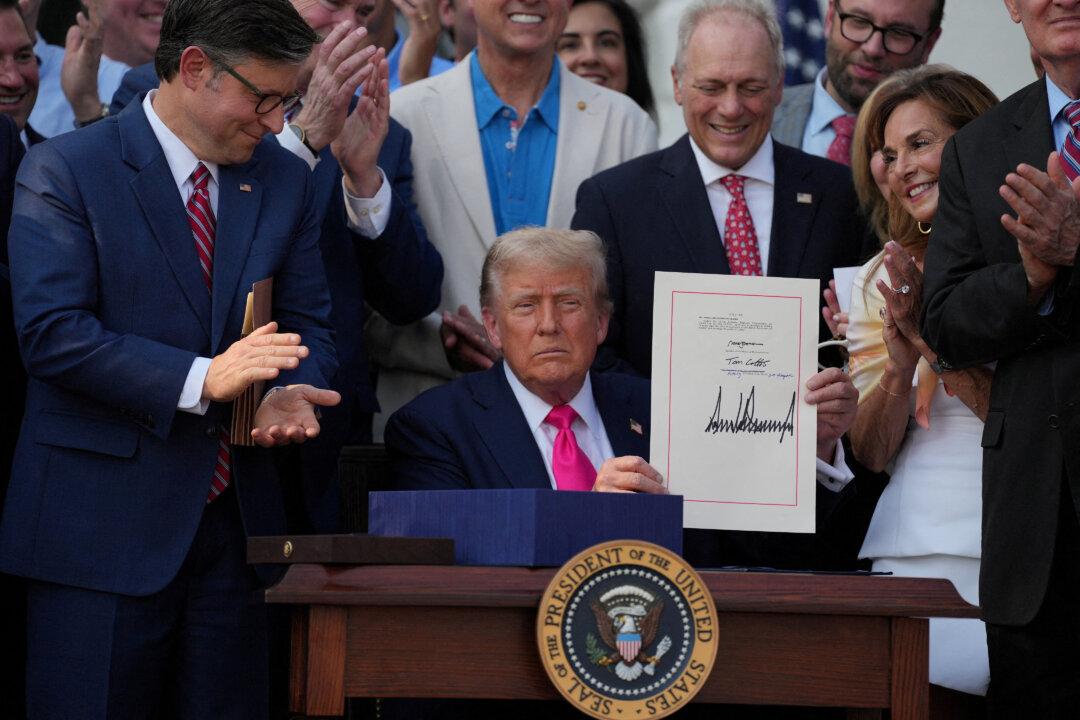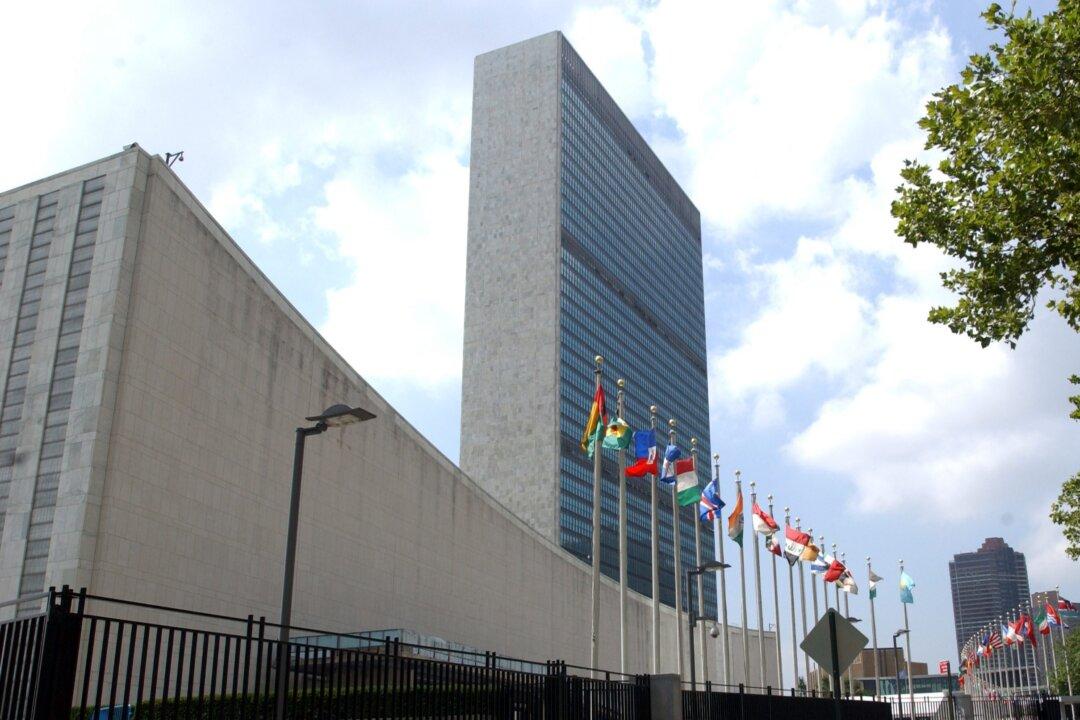Since the adoption of the 14th Amendment in 1868, the United States has recognized birthright citizenship; that is, if a person is born on U.S. soil, that person is a U.S. citizen regardless of the citizenship of his or her parents. In one of his first official actions, President Donald Trump issued an executive order that instructed U.S. officials to no longer recognize birthright citizenship. The essence of the order is that children born to parents who are in the U.S. illegally will not be recognized as citizens. His order was met with immediate outcry from immigration advocates and has already been challenged in numerous lawsuits, one of which has resulted in a temporary stay of the order. A bill has also been introduced in Congress with similar effect.

American flags wave in Omaha, Nebraska, on Oct 1, 2024. John Fredricks/The Epoch Times
Commentary
Bill King is a businessman and lawyer, and is a former contributor at the Houston Chronicle. He has served as a city councilman and has a strong interest in a wide range of social, environmental, and political issues. King is the author of “Saving Face” and “Unapologetically Moderate.” He also publishes a newsletter and blog, BillKingBlog.com and serves as a fellow at Rice University’s Baker Institute in Houston.
Author’s Selected Articles




